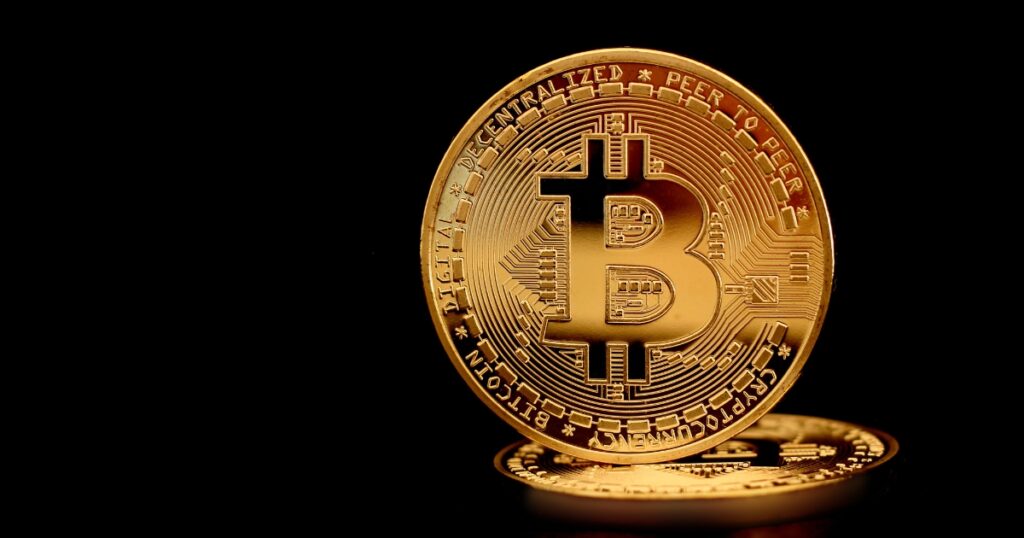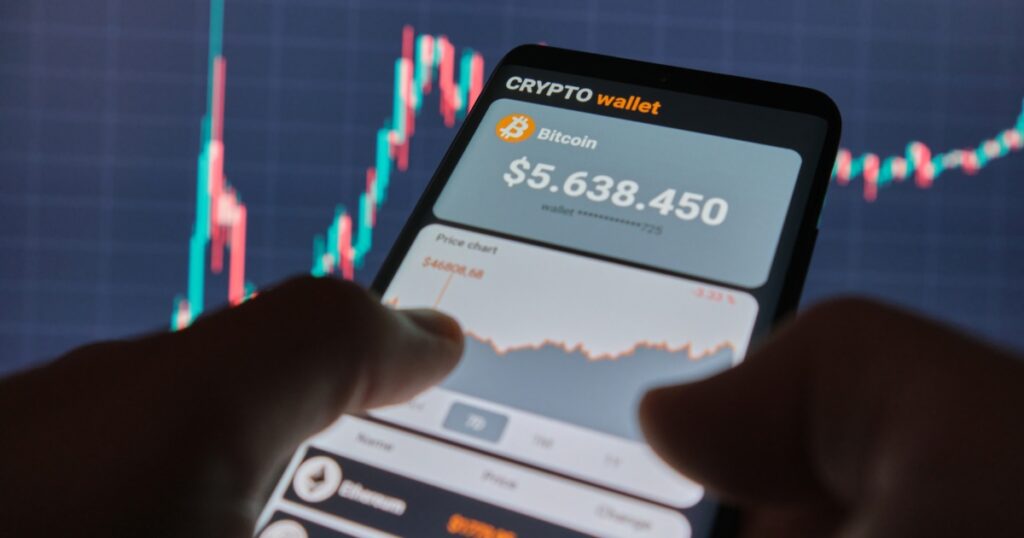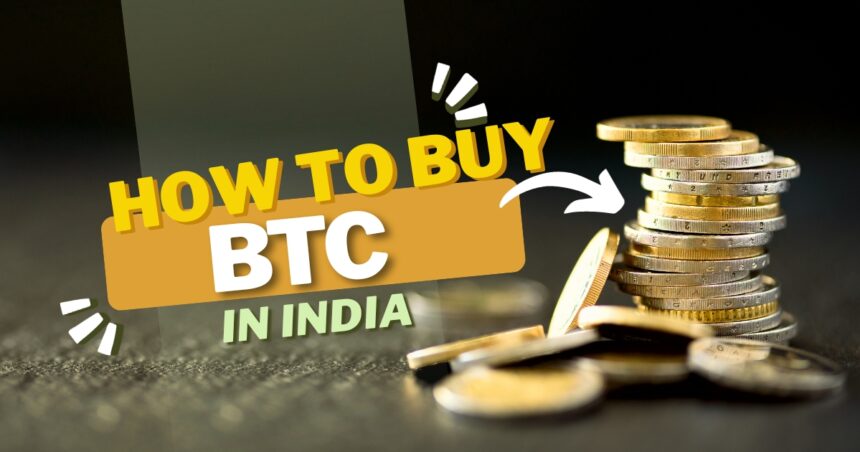How to Buy and Sell Bitcoin in India
With its burgeoning tech-savvy population and growing interest in alternative investments, India has witnessed a surge in cryptocurrency adoption.
Bitcoin, the digital pioneer, stands at the forefront of this movement, attracting both seasoned investors and curious newcomers.
However, navigating the Indian crypto landscape can be tricky, especially for those taking their first steps.
This comprehensive guide aims to demystify buying and selling Bitcoin in India, equipping you with the knowledge and resources to trade confidently.
Understanding the Landscape:
Before diving in, let’s establish a foundation. Unlike traditional fiat currencies, Bitcoin operates on a decentralized blockchain network independent of any central authority.
Transactions are transparent and irreversible, recorded on a public ledger, and accessible to anyone. Its value fluctuates based on supply and demand, influenced by market sentiment and global events.
The RBI Ban and its Repercussions:

2018, the Reserve Bank of India (RBI) banned direct crypto purchases using traditional banking channels. This restriction aimed to mitigate potential financial risks associated with cryptocurrencies.
While the ban technically remains, several workarounds have emerged to facilitate Bitcoin trading for Indian users.
Channels for Buying and Selling Bitcoin:

1. Centralized Cryptocurrency Exchanges (CEXs):
These platforms act as intermediaries, connecting buyers and sellers. Popular CEXs like WazirX, CoinDCX, and Zebpay cater specifically to the Indian market.
They offer user-friendly interfaces, diverse trading options, and competitive fees. To use a CEX, you’ll need to complete the KYC (Know Your Customer) and AML (Anti-Money Laundering) verification processes.
2. Peer-to-Peer (P2P) Trading Platforms:
P2P platforms like LocalBitcoins and Paxful directly connect buyers and sellers, allowing greater negotiation and payment methods flexibility.
You can choose your preferred payment options, including cash deposits, UPI transfers, or even PayPal (through indirect methods).
However, P2P transactions require thorough research and caution to avoid scams or unreliable counterparties.
3. Over-the-Counter (OTC) Desks:
These platforms cater to large-volume transactions, offering personalized services and potentially better rates for experienced investors. However, minimum purchase requirements and limited accessibility make them less suitable for beginners.
The Buying Process:
- Choose your platform: Consider user interface, security features, fees, and supported payment methods.
- Complete KYC/AML verification: This mandatory step involves submitting identity documents and proof of address.
- Fund your account: Deposit INR through bank transfers, UPI, or other options.
- Place your buy order: Specify the amount of Bitcoin you wish to purchase and your preferred price.
- Order execution: Once your order matches a seller’s offer, the Bitcoin will be credited to your exchange wallet.
Selling Bitcoin:
- Transfer Bitcoin to your exchange wallet: If stored elsewhere, move your Bitcoin to the exchange you’ll be selling on.
- Place your sell order: Specify the amount you want to sell and your desired price.
- Order execution: Once your order matches a buyer’s offer, the INR will be credited to your exchange account.
- Withdraw INR: Transfer your INR to your bank account or preferred withdrawal method.
Things to Remember:
- Transaction fees: Each platform charges deposits, withdrawals, and trading fees. Compare fees before choosing an exchange.
- Volatility: Bitcoin prices can fluctuate significantly. Research and understand the market before investing.
- Security: Choose platforms with robust security measures and enable two-factor authentication (2FA) for added protection.
- Taxes: Cryptocurrency profits are subject to capital gains tax in India. Consult a financial advisor for tax implications.
Beyond Buying and Selling:
- Cryptocurrency wallets: Store your Bitcoin securely in a private wallet, not on the exchange. Popular options include hardware wallets like Ledger and Trezor and software wallets like Exodus and Electrum.
- Market research: Stay informed about market trends, news, and expert opinions through reliable sources.
Conclusion:
Buying and selling Bitcoin in India requires careful planning and research. Understand the regulations, choose the right platform, and practice responsible trading habits.
You can navigate the Indian crypto landscape with confidence and potentially reap the rewards of this exciting digital asset.
Remember, knowledge is your best defense in the volatile world of cryptocurrency. So, arm yourself with information, trade wisely, and enjoy the journey!
How to Buy and Sell Bitcoin in India How to Buy and Sell Bitcoin in India How to Buy and Sell Bitcoin in India How to Buy and Sell Bitcoin in India How to Buy and Sell Bitcoin in India How to Buy and Sell Bitcoin in India How to Buy and Sell Bitcoin in India How to Buy and Sell Bitcoin in India
